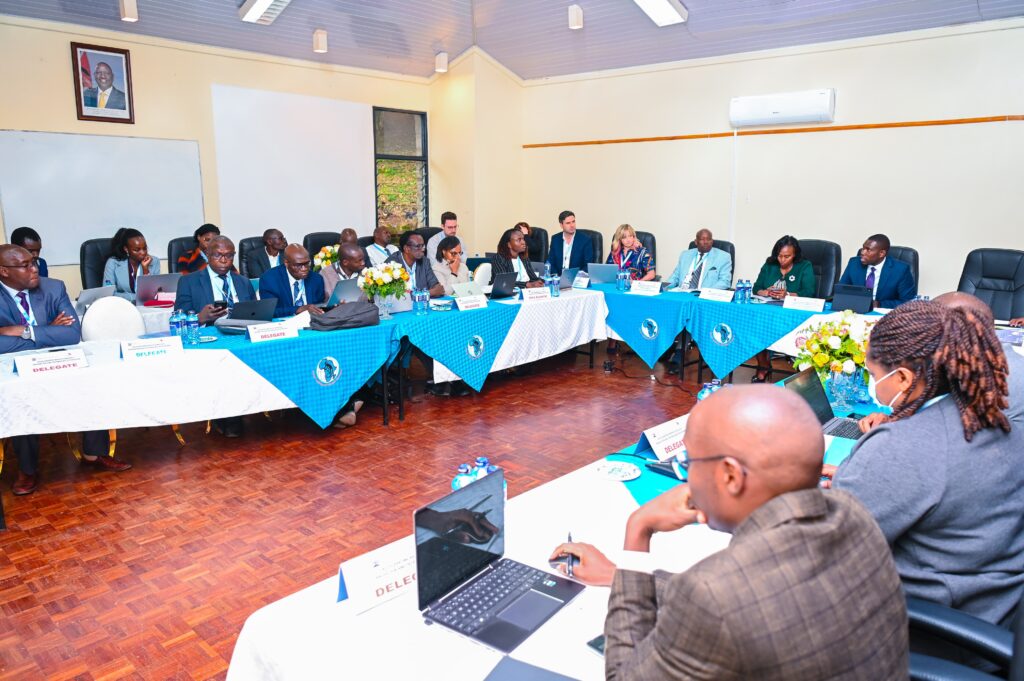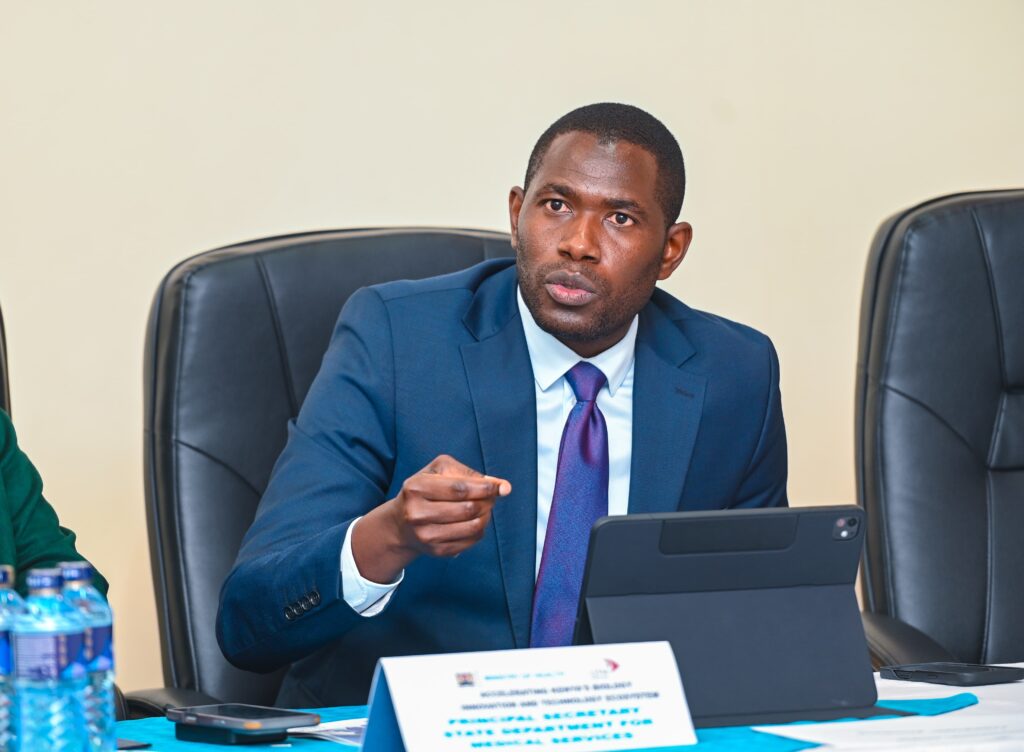Kenya is taking bold strides toward enhancing its capacity to produce life-saving antivenoms through a strategic collaboration with the Liverpool School of Tropical Medicine. The initiative, hosted at the Kenya Institute of Primate Research (KIPRE), is part of the Biologic Regional Innovation and Technology Ecosystem (BRITE) Programme. This effort seeks to improve the country’s ability to manufacture essential biologics for both national and regional needs.
The BRITE Programme focuses on building self-reliance in health security by advancing scientific innovation and biomanufacturing capabilities. Key areas of collaboration include identifying venomous snake species across Kenya, evaluating the national impact of snakebite envenoming, and conducting feasibility studies to support long-term, sustainable local production of antivenoms.

Snakebite envenoming remains a serious and often underreported public health issue, especially in Kenya’s arid and semi-arid areas. Populations such as farmers, pastoralists, and children are among the most vulnerable, facing limited access to timely and effective treatment. By addressing this challenge through local solutions, Kenya is making significant progress in safeguarding its communities.
The initiative also marks a pivotal step in strengthening Kenya’s role in regional health resilience. Through the BRITE Programme, Kenya is not only targeting antivenom production but is also creating pathways for broader partnerships in areas like vaccine development, technology transfer, and regulatory harmonization. These efforts are crucial for establishing a robust ecosystem for scientific innovation and public health response across East Africa.

This collaboration reflects the government’s renewed focus on building a strong local biomanufacturing sector that can respond to public health threats more effectively. By prioritizing locally driven research and production, Kenya is positioning itself as a regional hub for innovation and health security. This transformative approach could serve as a model for other countries facing similar challenges in tropical and resource-limited environments.
With continued investment and global partnerships, Kenya’s journey toward health independence and scientific leadership is gaining momentum. The local production of antivenoms is just the beginning of a broader vision aimed at empowering communities, reducing preventable deaths, and fostering sustainable public health systems.

